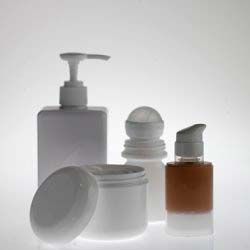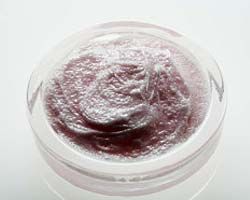Since the skin is the largest and most exposed organ in the body, it deserves special attention. Everyday, it braves the elements to insulate and protect our insides and keep us looking great on the outside. Remembering skin care for the face and neck isn't difficult, since we're reminded every time we check ourselves in the mirror. But, in fact, the areas of our body that are most prone to dryness are the lower legs, arms, sides and thighs. Taking the time to address those trouble spots and adequately moisturizing from the neck downward requires more conscious effort, yet doing so will pay off in spades as the skin maintains its youthful luster longer.
Uncomfortable, dry skin is more common in the winter when humidity in the air is lower, but it's important to lather on the lotion everyday. These five tips will help you find a daily body moisturizer to keep your skin smooth and supple year-round.
Advertisement





